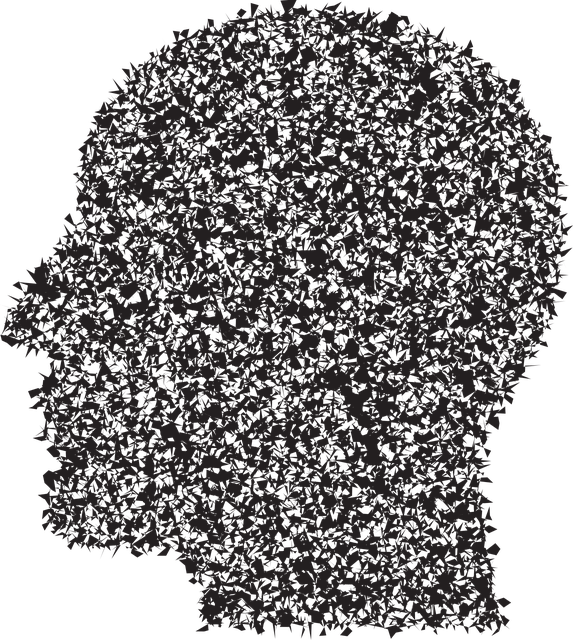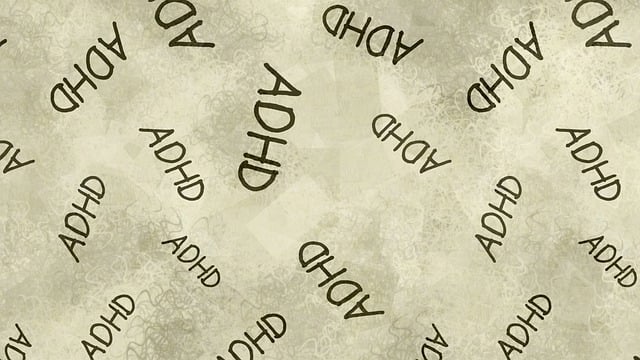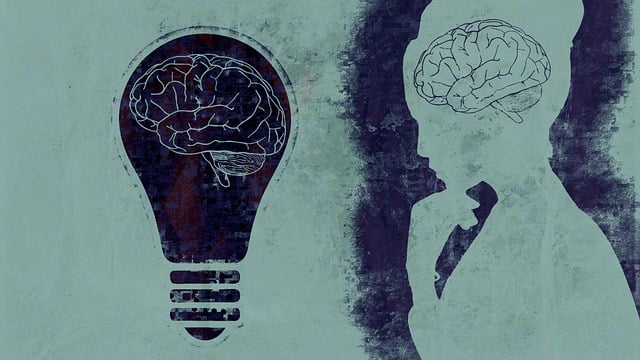Evaluating Centennial Obsessive Compulsive Disorder (OCD) therapy involves a multi-faceted approach combining both qualitative and quantitative methods. Key metrics include tracking symptom reduction using standardized tools like the Yale-Brown Obsessive Compulsive Scale (Y-BOCS), measuring participant satisfaction, and assessing long-term behavioral shifts. Qualitative methods capture participants' subjective experiences through surveys, interviews, or focus groups, providing deep insights into personal healing journeys. This holistic evaluation ensures the program effectively alleviates OCD symptoms, promotes sustainable mental wellness, and informs tailored improvements based on participant feedback.
Mental wellness programs play a crucial role in improving participants’ quality of life, especially those suffering from conditions like obsessive-compulsive disorder (OCD). This article explores effective evaluation methods for OCD therapy programs. We delve into key metrics and the balance between qualitative and quantitative assessments to gauge success. Additionally, we discuss integrating participant feedback through surveys and open communication, analyzing best practices, and implementing long-term tracking to ensure continuous improvement, particularly focusing on Centennial Obsessive Compulsive Disorder Therapy.
- Assessing Program Effectiveness
- – Metrics for Measuring Success
- – Qualitative vs. Quantitative Evaluation
- Participant Feedback Integration
Assessing Program Effectiveness

Evaluating the effectiveness of a mental wellness program is a multifaceted process. It involves assessing changes in symptoms, participant satisfaction, and long-term behavioral shifts related to the specific goals of the program. For instance, in the context of Centennial Obsessive Compulsive Disorder (OCD) therapy, improvement could be measured through reduced OCD symptoms as reported by participants on standardized assessment tools, such as the Yale-Brown Obsessive Compulsive Scale (Y-BOCS).
In addition to these metrics, the Mental Wellness Podcast Series Production and Burnout Prevention Strategies for Healthcare Providers can offer valuable insights. Empathy Building Strategies, when integrated into the program design, might be assessed through participant feedback on the quality of therapeutic relationships formed during treatment. This holistic approach ensures that the program not only alleviates immediate symptoms but also fosters sustainable mental wellness.
– Metrics for Measuring Success

Evaluating a mental wellness program’s success requires a multi-faceted approach, especially when addressing complex conditions like Obsessive Compulsive Disorder (OCD). Metrics should go beyond mere participant satisfaction, delving into specific areas of improvement to measure the efficacy of interventions. One key indicator is the reduction in OCD symptoms as assessed by standardized tools such as the Yale-Brown Obsessive Compulsive Scale (Y-BOCS). This scale quantifies obsessions and compulsions, providing a clear picture of an individual’s progress over time.
Additionally, tracking changes in participants’ self-reported quality of life through validated questionnaires can offer insights into their overall well-being. The inclusion of Self-Awareness Exercises and Stress Management Workshops within the program should lead to improved coping mechanisms, which can be evaluated through participant feedback and observational data during group sessions. These methods collectively contribute to a comprehensive understanding of the program’s impact, ensuring that initiatives aimed at enhancing inner strength and managing stress are indeed achieving their intended outcomes, such as in Centennial OCD Therapy.
– Qualitative vs. Quantitative Evaluation

When evaluating mental wellness programs, particularly those focusing on conditions like Obsessive Compulsive Disorder (OCD), a critical distinction lies between qualitative and quantitative methods. Qualitative approaches delve into participants’ subjective experiences, providing rich insights through interviews, focus groups, or surveys that capture personal narratives and perceptions of the program’s impact. This is especially relevant in OCD therapy, where understanding the intricate relationship between thoughts, feelings, and behaviors requires deep exploration. For instance, exploring clients’ interpretations of their symptoms and how they’ve been affected by Centennial OCD Therapy can reveal nuanced improvements not always captured in numerical data.
In contrast, quantitative methods employ statistical analysis of measurable outcomes to assess program effectiveness. Metrics such as reduction in symptom severity scores or improvements in quality of life can be objectively quantified. While less direct in gauging personal transformation, these measurements offer a robust basis for comparing the efficacy of different interventions, including Burnout Prevention Strategies for Healthcare Providers that incorporate Mindfulness Meditation and Mind Over Matter principles. Balancing both approaches allows for a comprehensive evaluation, ensuring that the program’s benefits are both statistically significant and resonate with individuals’ lived realities.
Participant Feedback Integration

Incentivizing participant feedback is an integral part of evaluating mental wellness programs, offering valuable insights into their effectiveness. This feedback plays a pivotal role in shaping and improving therapeutic interventions, especially for conditions like Obsessive Compulsive Disorder (OCD). By actively integrating participants’ experiences, therapists can gain deeper understanding into the emotional healing processes at play. Through structured surveys, personal narratives, or focus groups, individuals enrolled in Centennial OCD Therapy can share their perceptions about the program’s impact on their daily lives and coping mechanisms.
This integration of participant feedback is not merely a formality but a strategic tool to enhance the overall success of the mental wellness initiatives. Feedback from those directly involved in the programs informs the development of more tailored interventions, ensuring that Stress Management Workshops Organization remain relevant and impactful. Moreover, it contributes to the broader goal of Public Awareness Campaigns Development by providing real-life testimonials that can educate and inspire others facing similar challenges.
Evaluating mental wellness programs, such as those aimed at treating Centennial Obsessive-Compulsive Disorder (OCD), requires a multifaceted approach. By combining qualitative and quantitative methods, we can gain a comprehensive understanding of program effectiveness. Metrics for measuring success should encompass both symptom reduction and participant satisfaction, while integrating feedback ensures that the program aligns with the evolving needs of individuals seeking therapy. This dual focus allows for continuous improvement, ensuring that treatments remain relevant and beneficial in addressing OCD and other mental health concerns.














